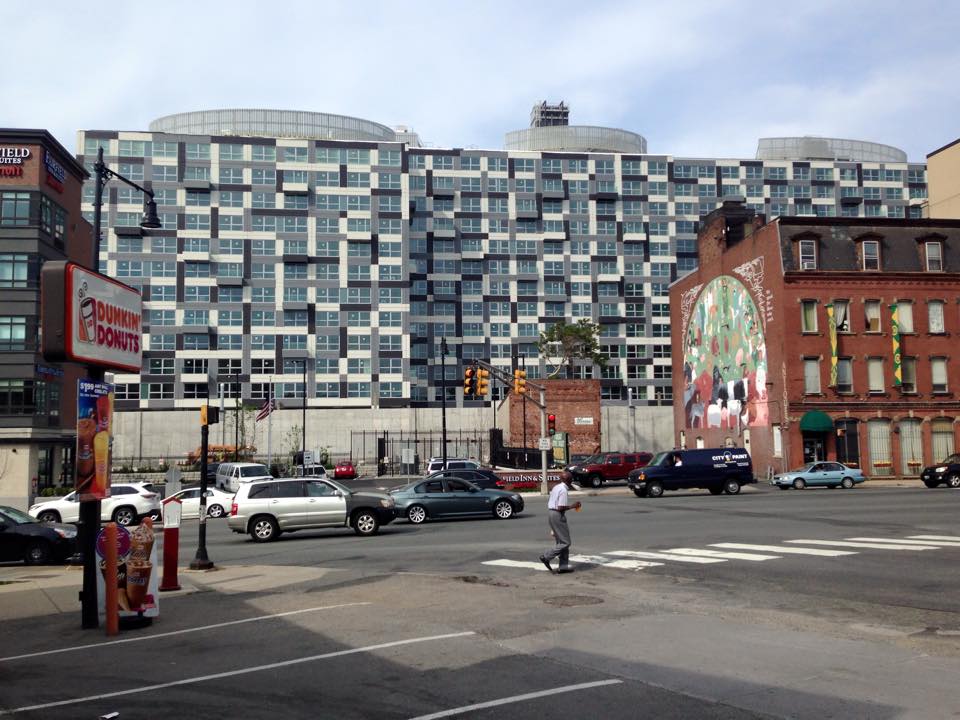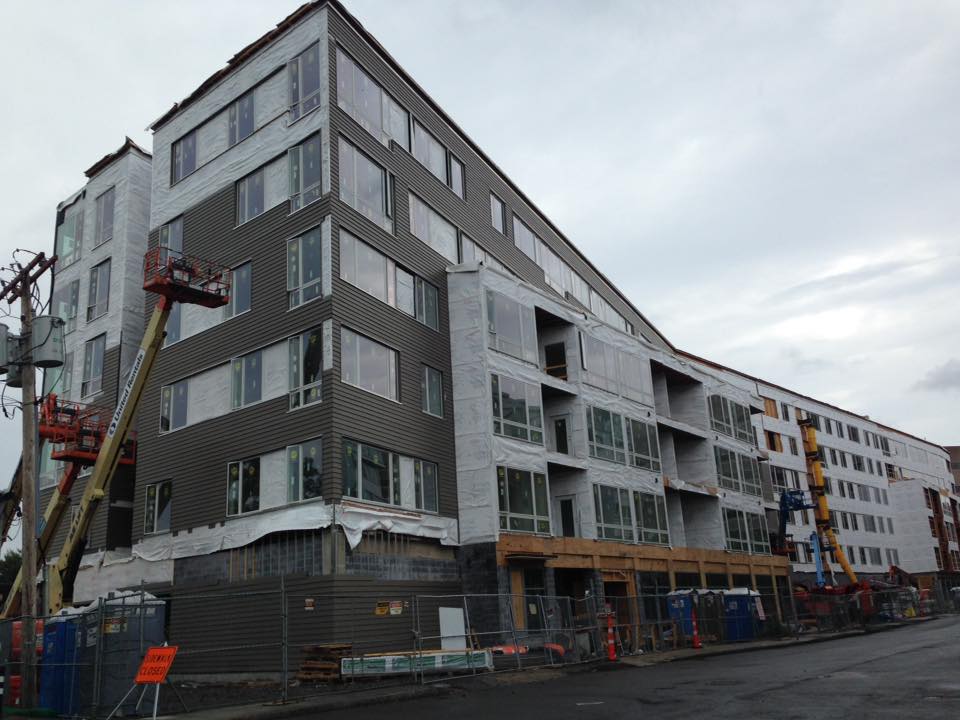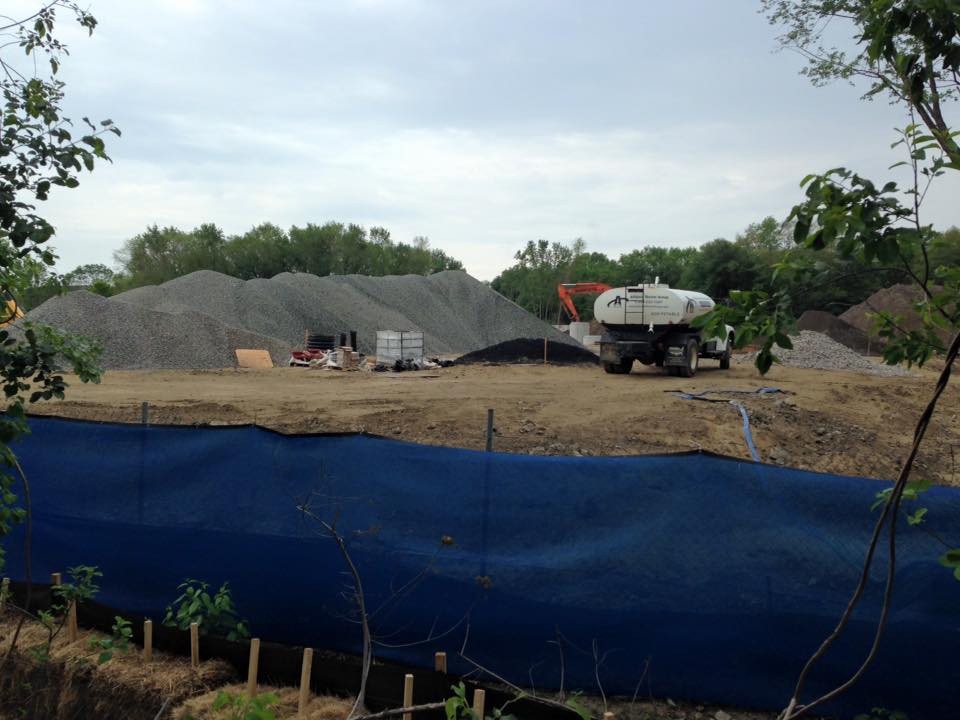Last Tuesday night I attended a fundraiser for the Cambridge Weekend Backpack Program, an all-volunteer organization that provides a backpack full of weekend meals to 220 students in 10 Cambridge elementary and middle schools (two breakfasts, two lunches, milk, fruit). The positive impact of consistent, good nutrition on academic performance and attendance is proven, and the need is clear. A 2014 report showed that Cambridge has a shockingly high rate of poverty and food insecurity, especially among households of color with children. Forty-five percent of CPS students qualify for the Federal school lunch program and many are at risk of going hungry or eating poorly on weekends without school meals. Providing weekend backpacks costs $6 per student per week or $250 per student a year. Currently, the program is funded by private donations and grants from the Cambridge Health Alliance, but the funding is insufficient to offer the program in all public schools. It would cost about $105,000 to fund it for the whole district, an amount that our city could easily afford (the FY2016 budget is $546 million). A policy order submitted in late 2013 to secure city funding is still “awaiting report” from the City Manager. While school children go hungry, this year’s budget will include $60K to install 10 “Soofas” (public benches with solar-powered chargers for phones and other devices).
Speaking of misplaced priorities, I would like to go on record as saying that Cambridge does not need a 1,000-foot tower in Kendal Square to put us on the map. This week the Council will discuss rezoning the Volpe Center’s 14 acres in the heart of Kendall. (The federal government intends to transfer the land to the city to redevelop in exchange for including a state-of-the-art transportation center to replace its outdated facility.) When rezoning discussions began earlier this year, it was assumed that the height limits would adhere to those recommended by the K2 study (250’ for commercial buildings and 300” for residential). The K2 heights were already pushing the envelope, as the tallest building is Cambridge is MIT’s 295-foot Green Center, built in way back in 1964. The Green Center soon will have plenty of company up in the clouds. Within a few hundred yards of the Volpe parcel, MIT’s East Campus redevelopment will add six more towers of 150- to 300-feet. Recently approved residential towers at 88 Ames St (also very near Volpe) and Mass+Main (at the Kendall edge of Central Sq.) will rise to 250 feet and 195 feet, respectively. But this profusion of very tall buildings is apparently not enough for our size-obsessed (mostly male) decision makers because now we have the Planning Board suggesting a 500-foot tower at Volpe and Councillor Leland Cheung upping the ante to champion a 1000-foot “landmark” tower to “plant a flag” at Kendall. For comparison, the tallest building in the state is the Hancock Tower at a mere 790 feet. Personally, I’m just fine with Boston holding onto that record and letting Cambridge continue to distinguish itself in other ways.
Another thought on the scale and pace of development and the perceived need to build as much housing as possible in order to satisfy regional demand and to stabilize prices. The data show that Cambridge has already built or permitted enough housing to meet its share of the Metropolitan Area Planning Council’s projected “stronger region” housing target for 2030. At the current rate of production our housing stock could see a 30% increase from 1990 to 2020 with affordability actually decreasing as the supply rises. Read more in a well-researched blog post by Councillor Dennis Carlone’s aide Mike Connolly.
One of the most interesting meetings I’ve attended recently was Saturday’s panel discussion on “Making the Sharing Economy Work for Everyone.” Organized and facilitated by Councillor Nadeem Mazen, the discussion highlighted how “sharing” services like Uber and Airbnb are as challenging to government regulators as they are to the established industries they are disrupting. Such services simultaneously empower technology-enabled users and some providers (e.g. those with spare rooms to rent through Airbnb), while threatening to turn workers in more and more sectors into piecework low-wage subcontractors. With members of the Boston taxi union turning up the heat in the room, Rep. Jay Livingstone acknowledged that the government a special obligation to protect the taxi industry since government regulation created the value of medallions in the first place. Audience members advocated for finding ways the government foster more authentic, cooperative forms of sharing under-utilized resources to benefit the greater good by reducing consumption and waste. Lots of food for thought. Check out http://www.sharing.org for more to chew on.




Joseph Poirier
I wish I had done more to protest the cutting of the Silver Maple Forest. In retrospect, I feel like I really dropped the ball on that project as an informed citizen. I know the developer had every right to go forward but we really need to work on preserving forests and green spaces and intensifying dense development in our urban core.